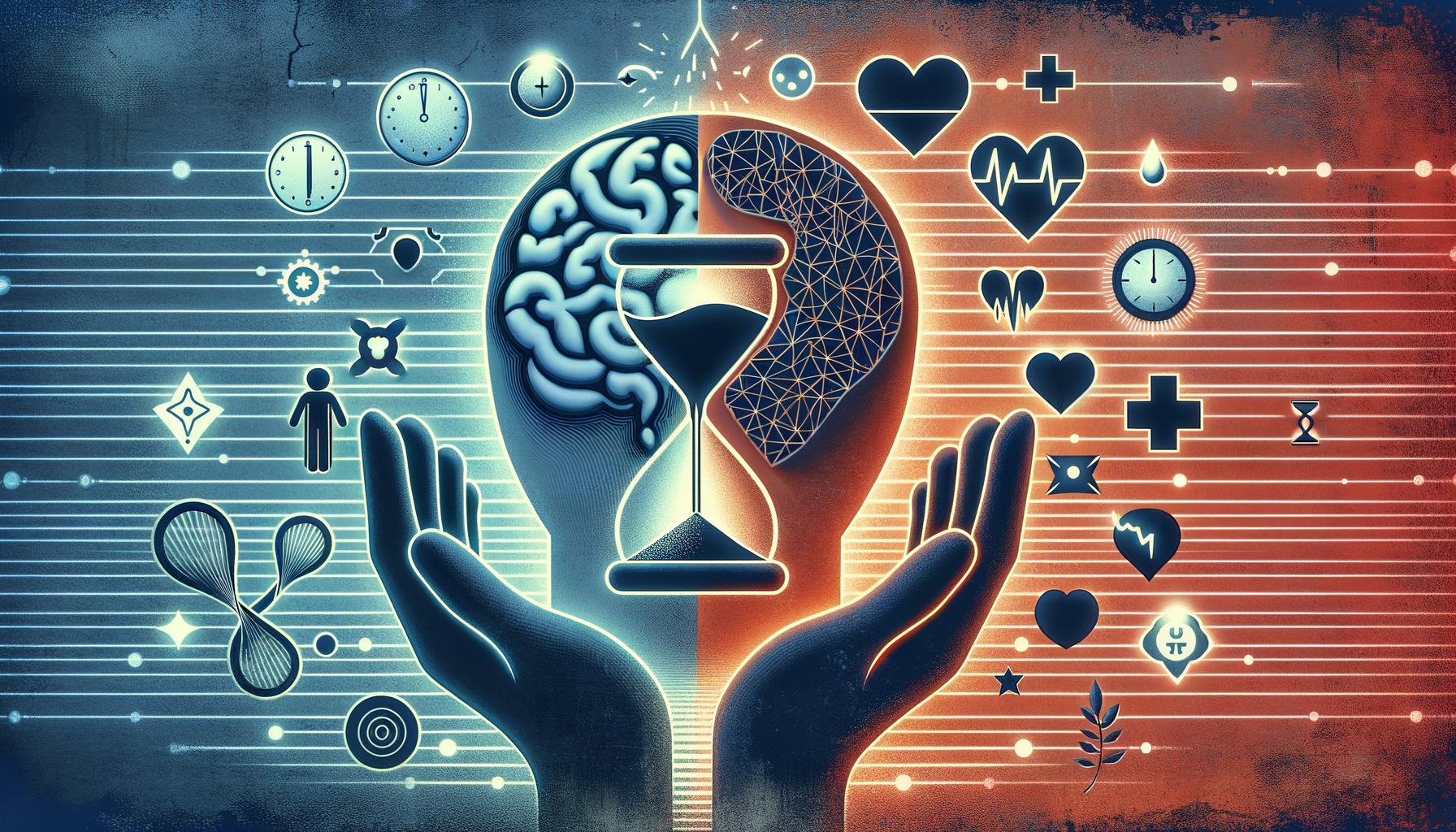Understanding Depression: A Brief Overview
Depression is a complex mental health condition that affects millions globally. It manifests in various forms, impacting emotional, physical, and cognitive aspects of life. Recognizing the signs early can lead to timely intervention, which is crucial for effective management. Common symptoms include persistent sadness, loss of interest in activities once enjoyed, changes in appetite, and sleep disturbances. Understanding these signs is the first step towards seeking help.
Depression does not discriminate; it can affect anyone regardless of age, gender, or background. However, certain factors such as genetics, trauma, and prolonged stress can increase susceptibility. By being aware of these risk factors, individuals can better assess their mental health and take proactive steps towards managing their well-being.
Take Depression Test: An Initial Step
Taking a depression test can be a valuable tool for those unsure about their mental health status. These tests are designed to provide insight into one’s emotional state and are often the first step towards understanding whether professional help is needed. They typically consist of a series of questions that gauge mood, behavior, and thought patterns.
Online depression tests are widely available and offer a confidential way to assess symptoms. While these tests are not diagnostic tools, they can highlight areas of concern that may warrant further exploration with a mental health professional. It’s important to approach these tests with an open mind and use the results as a guide rather than a definitive diagnosis.
Quick Depression Test: When Time is of the Essence
For those who need a rapid assessment of their mental health, a quick depression test can be an effective option. These tests are designed to be concise yet insightful, offering a snapshot of one’s current emotional state. They are particularly useful for individuals who may be experiencing sudden changes in mood or behavior and need immediate clarity.
While quick tests provide immediate feedback, they should not replace comprehensive evaluations conducted by professionals. They serve as a preliminary step, encouraging individuals to seek further evaluation and support if necessary. The ease and accessibility of these tests make them a popular choice for those seeking immediate insights into their mental health.
Treatment for Anxiety and Depression: Exploring Options
Once depression or anxiety is identified, exploring treatment options becomes essential. Treatment plans are highly individualized, often involving a combination of medication, therapy, and lifestyle changes. Cognitive-behavioral therapy (CBT) is among the most effective therapeutic approaches, helping individuals reframe negative thought patterns and develop coping strategies.
Medications such as antidepressants can also play a crucial role in managing symptoms. However, they should be prescribed and monitored by healthcare professionals. In addition to traditional treatments, alternative therapies like mindfulness, exercise, and dietary changes can significantly enhance recovery and improve overall well-being.
Conclusion: Taking Charge of Your Mental Health
Recognizing the signs of depression and anxiety is the first step towards recovery. Whether through taking a depression test or seeking professional treatment, taking proactive steps can lead to significant improvements in mental health. It’s important to remember that help is available, and reaching out is a sign of strength, not weakness.
By staying informed and open to various treatment options, individuals can navigate their mental health journey with confidence and resilience. Remember, you are not alone, and support is always within reach.

Leave a Reply